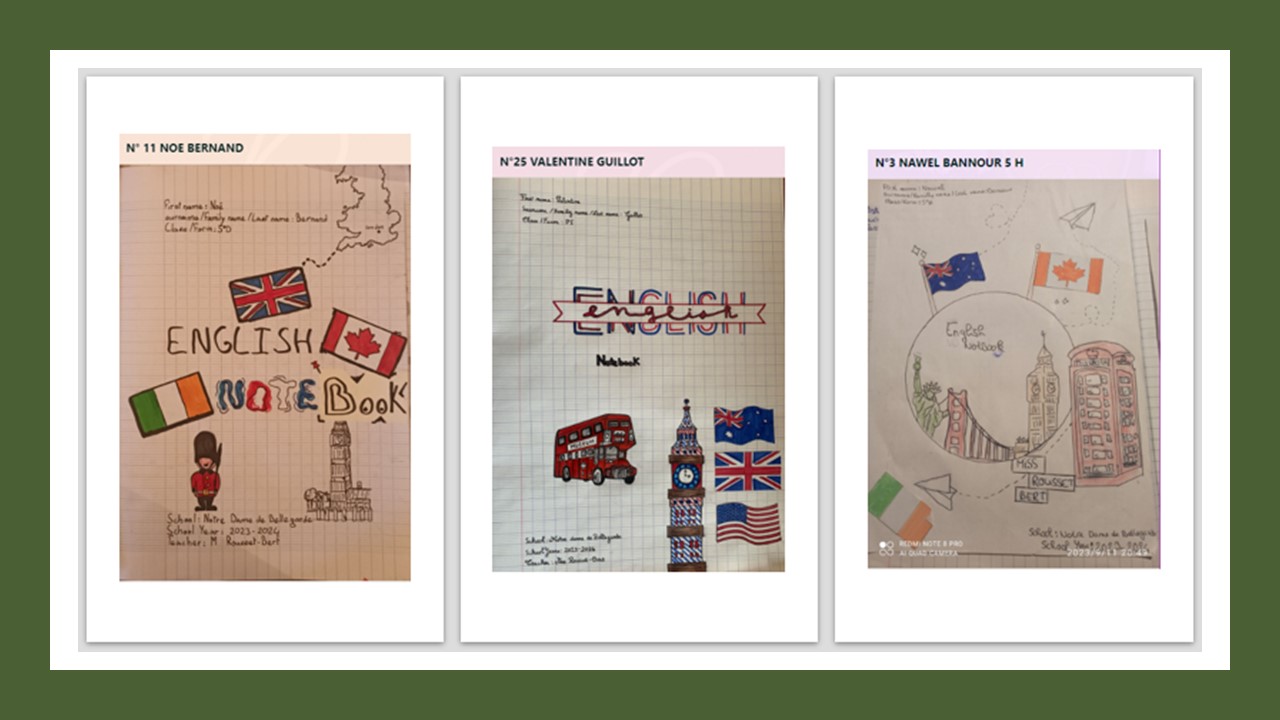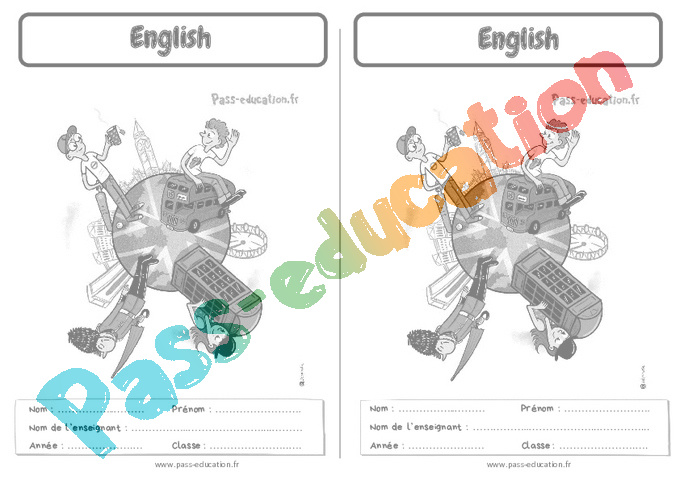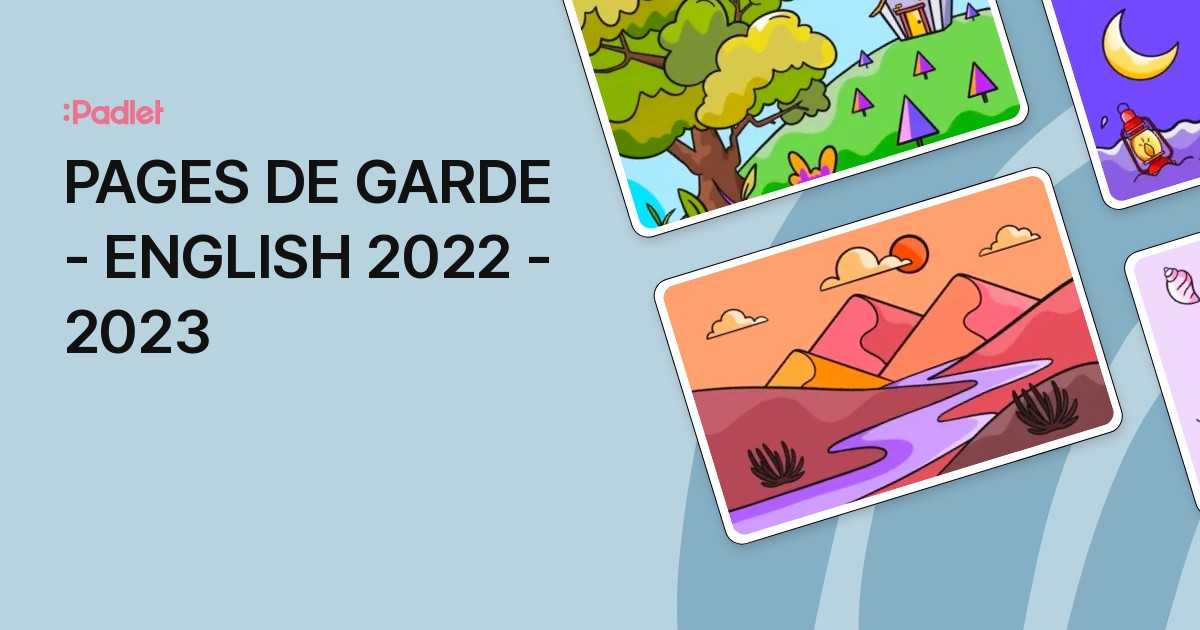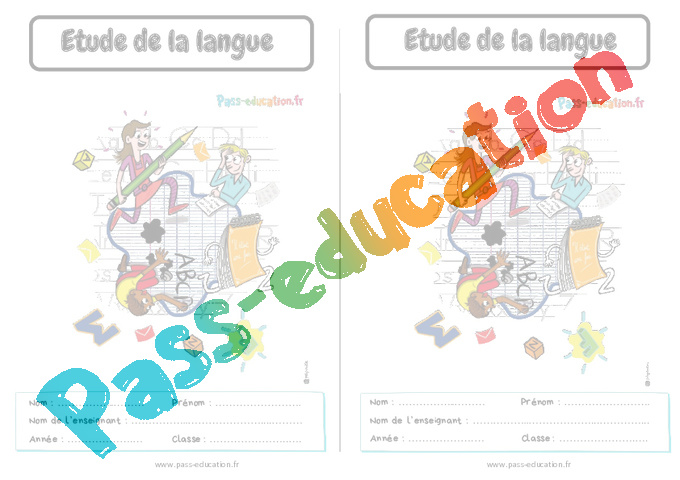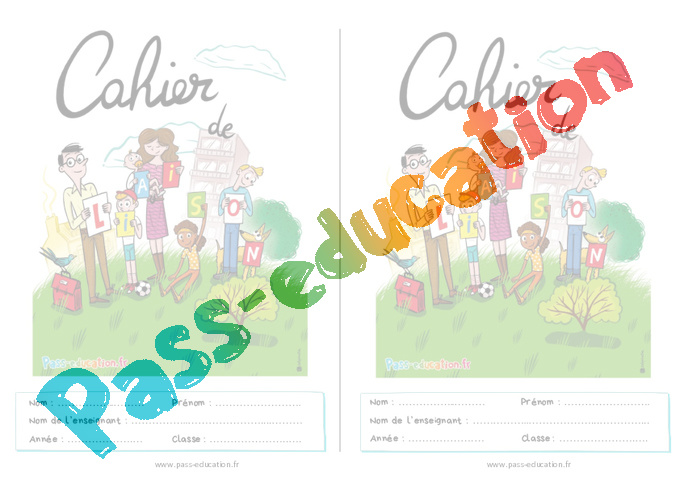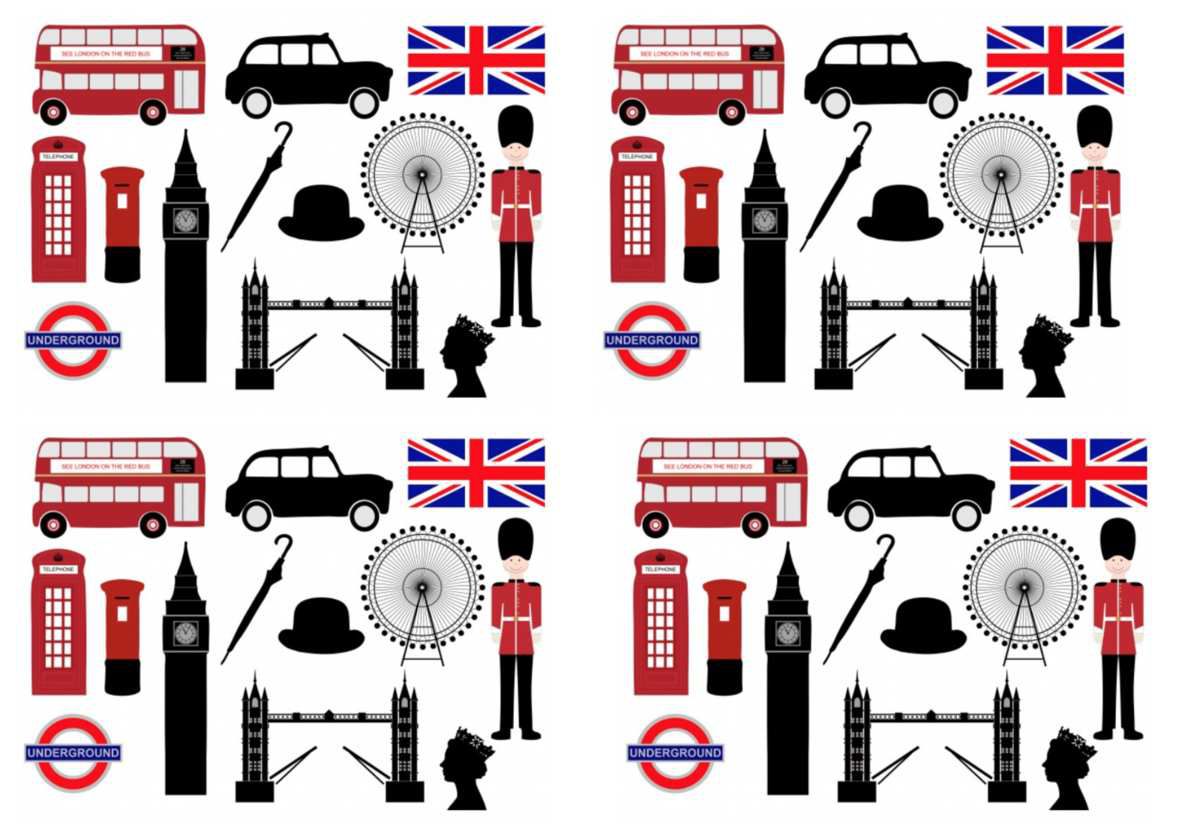Page De Garde English Copybook
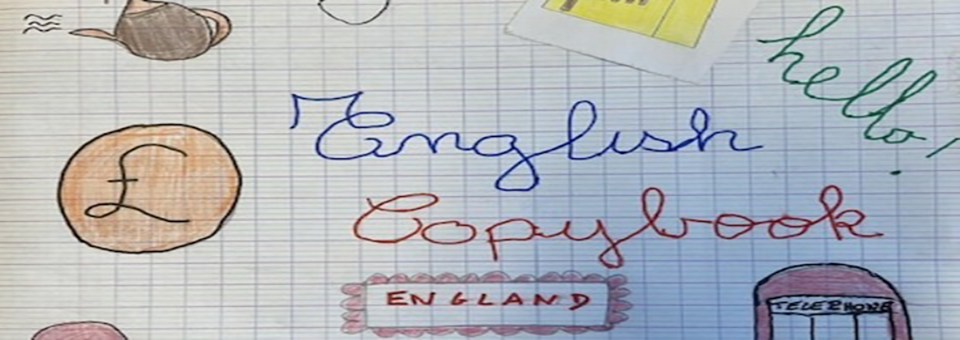
Okay, picture this: I'm rummaging through my attic last week, you know, the usual – dodging cobwebs and trying *not* to think about what *might* be living up there. And what do I find? My old English copybook! Not just *any* copybook, mind you, but the one from, like, sixth grade. The one with the most excruciatingly decorated... page de garde. Honestly, it was a masterpiece of teenage angst meets Lisa Frank. Think neon gel pens, glitter glue, and a truly questionable depiction of what I thought Shakespeare looked like. Cringe!
But seeing that page again got me thinking. That “page de garde,” as we called it back then, wasn’t just some random act of creative expression (or vandalism, depending on how you look at it). It was the first impression, the handshake, the "hey, world, this is ME trying to learn English!". So, what *is* it, really?
The Elusive "Page de Garde"
Right, so for those not raised on a strict diet of French school supplies, a "page de garde" (literally "guard page") is basically the title page of your copybook, notebook, or binder. Think of it as the cover page's slightly less formal, slightly more customizable cousin. It's that blank canvas staring at you, daring you to fill it with your name, class, subject, and maybe even a doodle or two (or twenty).
Why do we even *need* one? Well, good question! I mean, nowadays, with everything digital, who even uses copybooks anymore? (Except for taking notes during those painfully boring meetings, *amirite*?). But back in the day, the page de garde served a few crucial purposes:
- Identification: This was *the* place to clearly label your book. No more accidentally grabbing someone else’s history notes during a mad dash to class. "This book belongs to... ME!"
- Organization: It helped keep things straight. Math? Science? English? No problem, just check the page de garde!
- Personalization: Let's be honest, this was the fun part. A chance to inject some personality into an otherwise utterly bland school supply. Think of it as the original emoji.
Speaking of English copybooks, the page de garde took on a whole new dimension. It wasn’t just about writing your name; it was about showcasing your burgeoning English skills.
The English Copybook Challenge
Suddenly, you weren't just writing "English Notebook". You were meticulously crafting the words, making sure your handwriting was legible (a *huge* challenge for some of us), and maybe even attempting a fancy font or two. (Confession: mine usually ended up looking more like a ransom note than calligraphy).
It was like a mini-performance, a way to demonstrate your commitment to learning the language. The page de garde of your English copybook became a symbol of your journey, a small, colorful marker on the road to fluency. And let's be honest, for some of us, it was the *only* part of the English curriculum we truly excelled at. (No shame!).
Beyond the simple act of writing, it also forced us to think about the English language itself. What fonts look "English"? What images evoke a sense of English culture? (Cue the Big Ben sketches and hilariously inaccurate depictions of afternoon tea). It was a subconscious immersion, a gentle nudge towards understanding the nuances of the language and its culture.
Looking back, that humble “page de garde” was more than just a title page. It was a ritual, a rite of passage, and a surprisingly effective way to ease us into the often-intimidating world of English grammar and vocabulary. Who knew a little bit of glitter glue could be so educational?
So next time you stumble across an old copybook, take a moment to appreciate the "page de garde". It might just bring back some memories – and maybe even inspire a little creative expression of your own. And if you find *my* sixth-grade English copybook… please, destroy it with fire. Just kidding! (Mostly).





